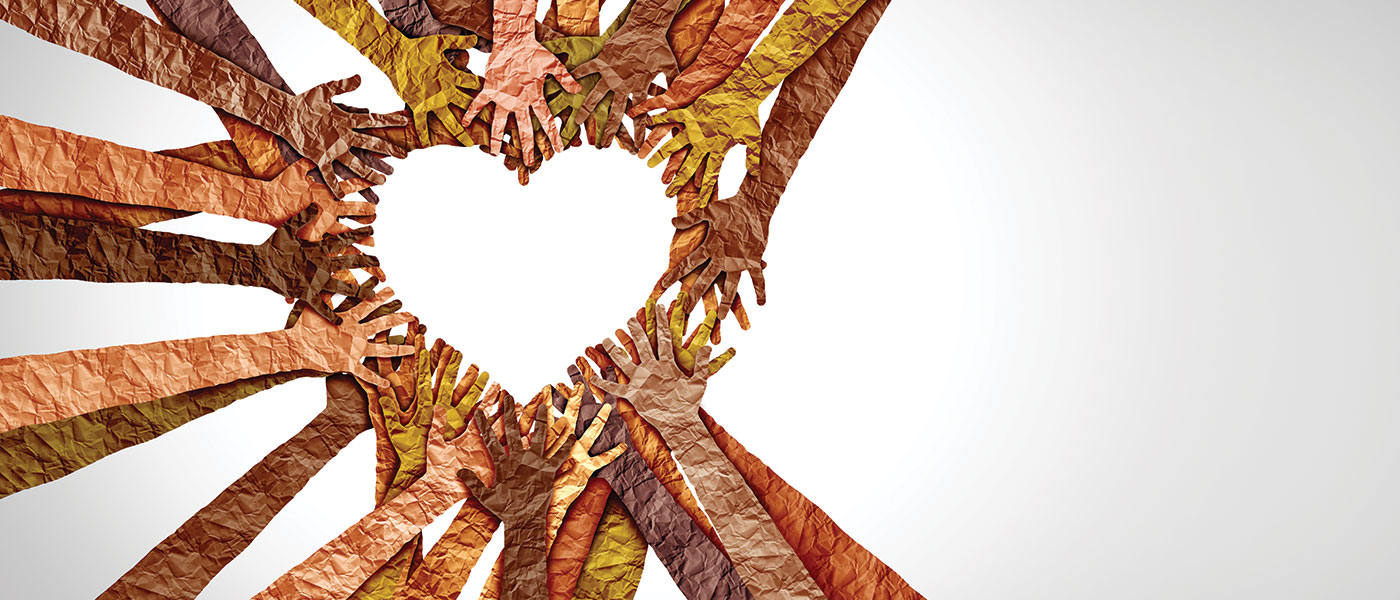
The Pentera Blog
Minority Groups and Single Women Lead the Way in Social Justice Giving
A study by the IUPUI Women’s Philanthropy Institute finds that single women and minority and LGBTQ+ households stood out for their backing of racial justice causes in the wake of the killing of George Floyd in 2020.
The Women Give 2022 study found around 14% of U.S. households donated money in support of racial justice causes and organizations in 2020. Looking at specific demographic groups, Black households gave at the highest level (28.3%) followed by Asian American (24%), Hispanic/Latino (19.6%), and White households (10.9%).
The study, which surveyed 2,073 households in May 2021, also found that “single women were especially likely to give—and give higher amounts—to grassroots organizations” such as Black Lives Matter, bail funds, and organizations focused on criminal justice reform, compared to single men and married/partnered couples.
Because defining “racial justice” organizations can be difficult, the study asked respondents to select organizations they would include in the definition from a list of potential responses. Their answers varied widely, including support for established organizations, such as the Southern Poverty Law Center and Historically Black Colleges and Universities, and less formal actions, such as direct aid to individuals and shopping at minority owned businesses.
The study’s authors write that their findings support “social identification theory,” which says people tend to give to causes with which they identify. They also note that women in general, and Black women especially, have historically played leading and often-overlooked roles in racial and social justice causes, such as the civil rights movement and the founding of Black Lives Matter.
Women Give 2022: Racial Justice, Gender and Generosity, is part of a series of research reports by the Women’s Philanthropy Institute at IUPUI focusing on gender differences in charitable giving. You can see the full study here.


